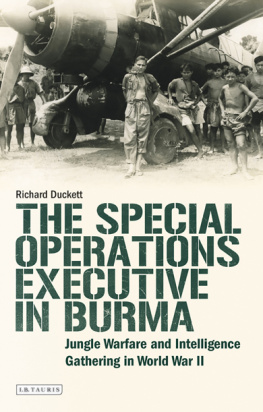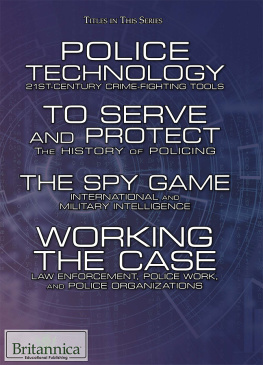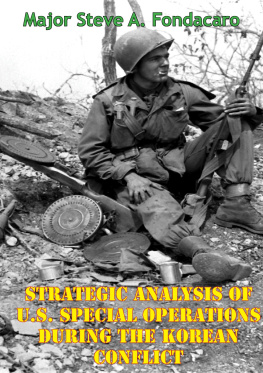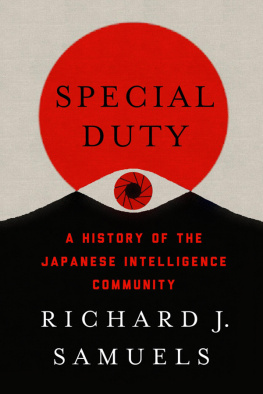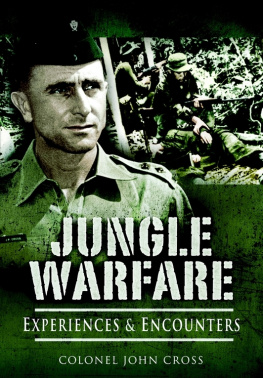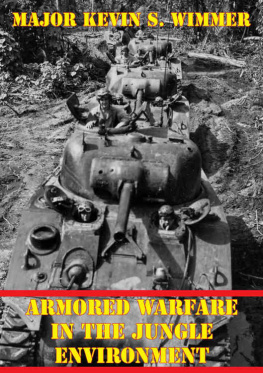Richard Duckett is a lecturer in History at Reading College and a specialist on the Burma Campaign. He holds a BA from the University of Essex, an MA from the University of Reading and a PhD from the Open University. This is his first book.
Drawing on declassified files, Richard Duckett finally lifts the lid on the exploits in Japanese-occupied Burma of Britain's Special Operations Executive. This is an excellent account of an important but long-hidden chapter of SOE's history, and essential reading for anyone wishing to fully understand Britain's involvement in Burma during World War II and SOE's global contribution to the Allied war effort.
Roderick Bailey, University of Oxford, SOE Historian
Long neglected by the prevailing narratives and histories, the experience of guerilla fighters and their officers in Burma in WWII comes alive in Duckett's outstanding new book. No one has previously devoted the necessary days and nights amidst dusty files in the archives, or uncovered the links between the official record and the private memoirs/memories of the key actors. His unique work establishes a new standard for research in this complex field.
It is all here the suspicious attitude in 1941 of the British military establishment in Asia toward irregular warcraft as planned by SOE, the tension between the American, British, Indian, and Chinese armies, the complicated mobilisation of Kachin, Karen, and Chin fighters (and many others) in small stealth units to fight in 19423 against much better-equipped Japanese forces, the total dependence on uncertain air supply, and the gradual development of deep loyalties between foreign and local soldiers, through the deadly risks of combat. They gathered valuable intelligence, as originally intended, but also became ambush-hardened combat units. Thus, they became a model for the future.
Equally important, Duckett skilfully uncovers the complex 194550 landscape in which the SOE had to disentangle from the new Burmese state, while many SOE officers, now well-informed, remained alert against a high policy in which their former comrades on the ethnic frontiers were marginalised (some said abandoned) by their leaders in London. The stage was thus set for the emergence of more fighting in an indigenous Burmese cold war on the Chinese frontier. In some senses that is where we are today, thus giving Duckett's book a disturbing but brilliant contemporary relevance.'
Robert Anderson, Professor at Simon Fraser University, Vancouver
Although long considered the forgotten front, the war in Burma has been receiving increasing attention of late as archival discoveries have raised new questions and required attention to be given to actors at work behind the scenes. The present study of the Special Operations Executive in Burma from 1941 until 1945, drawing upon under-examined archival sources, will change how historians will view the place of the SOE in this campaign, as well as its supposed connections to postwar Burmese ethnic insurgents.
This very important book offers new insights into how the SOE helped to shift the campaign from a miserable defeat in May 1942 to a victorious drive to Rangoon just three years later. Well-written and steady in its analysis, the book will appeal to both the general reader and the military historian. It is certainly a welcome and significant addition to the literature on the Burma Campaign.'
Michael W. Charney, SOAS The University of London
Published in 2018 by
I.B.Tauris Co. Ltd
London New York
www.ibtauris.com
Copyright 2018 Richard Duckett
The right of Richard Duckett to be identified as the author of this work has been asserted by the author in accordance with the Copyright, Designs and Patents Act 1988.
All rights reserved. Except for brief quotations in a review, this book, or any part thereof, may not be reproduced, stored in or introduced into a retrieval system, or transmitted, in any form or by any means, electronic, mechanical, photocopying, recording or otherwise, without the prior written permission of the publisher.
Every attempt has been made to gain permission for the use of the images in this book. Any omissions will be rectified in future editions.
References to websites were correct at the time of writing.
International Library of Twentieth Century History 106
ISBN: 978 1 78453 912 2
eISBN: 978 1 78672 272 0
ePDF: 978 1 78673 272 9
A full CIP record for this book is available from the British Library
A full CIP record is available from the Library of Congress
Library of Congress Catalog Card Number: available
For Kara and Emily, my two wonderful girls
and
In loving memory of my uncle, Sapper Arthur Clifford Wilson,
208 Field Company, 2 Division
21 December 19194 October 2002
And the grandfather I never knew, Staff Sergeant Victor Lloyd
Cruttenden, also 208 Field Company, Royal Engineers
29 July 190213 March 1952
NOTE ON TRANSLATION AND TRANSLITERATION
For the sake of clarity, names of places and countries have been spelt as they were used at the time, and how they appear in the documents. For example, Rangoon is used instead of Yangon, and Siam for Thailand. Where Chinese names have been used, the Wade Giles transliteration has been employed rather than the more modern Hanyu Pinyin; hence readers will find Kuomintang as opposed to Guomindang. In addition, soldiers' ranks have been given for the time discussed, rather than their final rank.

